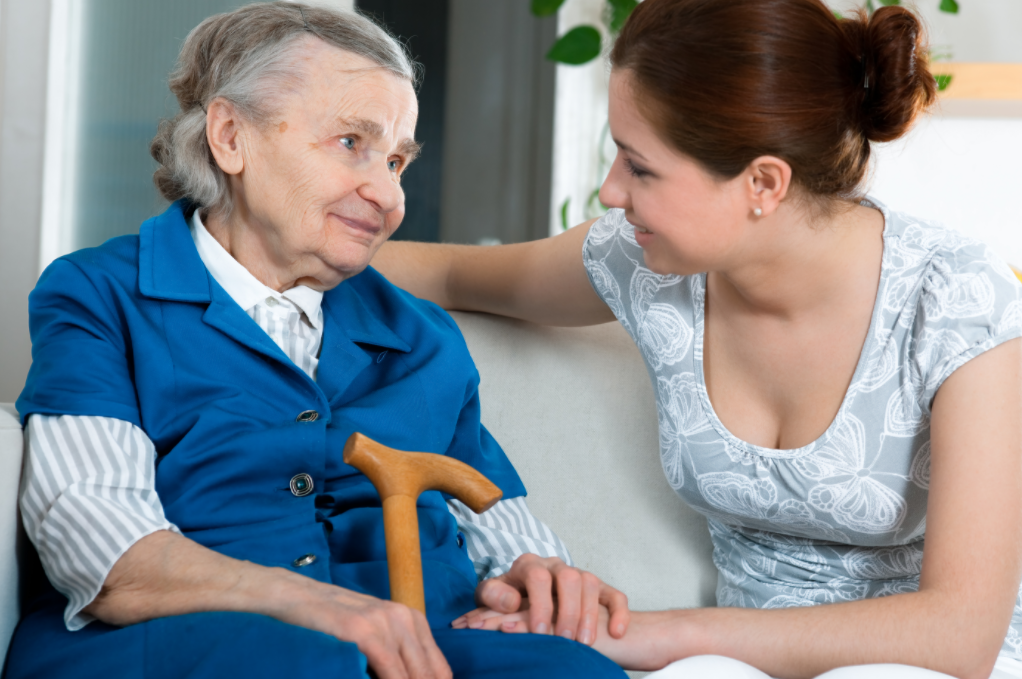A home companion is a professional who provides emotional support and companionship to an elderly person in their own home or assists them to get out and about – they are an ideal option for a person who often gets lonely, isn’t able to get out much and would like someone around for emotional support.
Additionally, they can do much more than just provide emotional support – if you need them to, they can also assist you with important household duties that you may not be able to do so well by yourself anymore. Duties that you may need help with can include cooking, running errands, and light housekeeping.
So what is a home companion and what are their typical duties?
The role of a companion can change depending on the needs of their clients. Below are some of the typical duties which may be done by a home companion:
- Providing emotional support and company
- Engaging in conversation and general companionship
- Accompanying to various activities and days out, helping the person to stay active and independent
- Help with cooking and food preparation
- Arranging and accompanying to appointments, calendar organisation
- Monitoring medication and diet (not including administering medication or feeding)
- Light housekeeping
- Laundry and ironing
- Help with running errands and food shopping
- Assisting with looking after pets
The main role of a home companion is to help a person to maintain their independence and quality of life. Elderly people can often be lonely, so hiring a companion can help to avoid this.
However, it is important to remember that a home companion is not a nurse or carer – duties associated with these professions often require specialist training and experience, which your home companion may not be qualified for or happy to do. These duties are discussed in more detail below and if you think you need someone who is able to do these things then in this case it may be best to look for a home carer instead. A home companion is ideal for someone who just needs company and an extra pair of hands, not the type of professional care that a carer or nurse would provide.
There are certain activities that a companion should not help with – these may include:
- Personal care and assisting with bathing/showering
- Help with mobility (getting out of bed, moving from a wheelchair to a car) – a person should be specially trained in manual handling in order to assist with these duties
- Assistance with incontinence/ using the toilet
- Feeding
- Oral care
- Administering medication
All of the above duties require special training and should not be done by a home companion. If you require assistance with any of these things, a home carer may be more suited to your needs.
A companion may be someone to go to the cinema or theatre with. Or out for dinner or to a museum. Or they simply may be someone who visits you at home to have a cup of tea and play a game of cards. They could assist you with your laundry. Or take your dog for a walk if you are no longer able to do so. There are many things that a companion can help with. And they can be a great benefit to your life!
So whether it be picking up your prescriptions, assisting you with your shopping. Or just having a cup of tea and a chat. If you are looking to hire a home companion, we’d love to hear from you. You can drop us a line or give us a call . We’d be happy to chat through our specific process and how we can best help you hire a home companion

